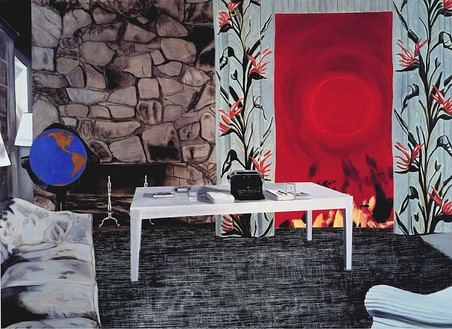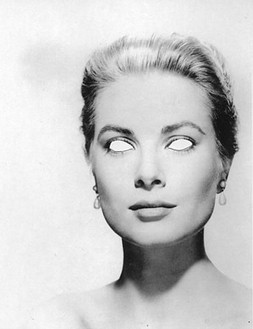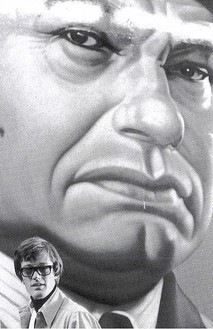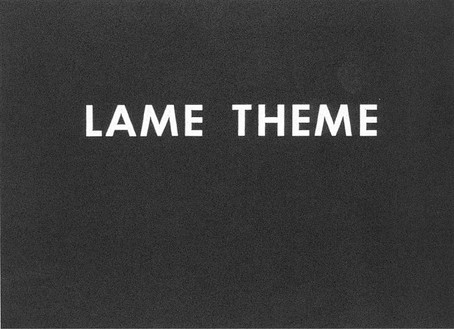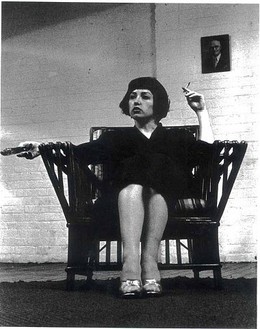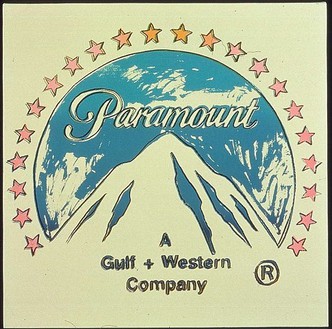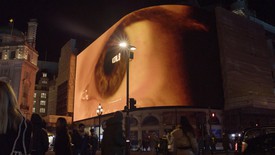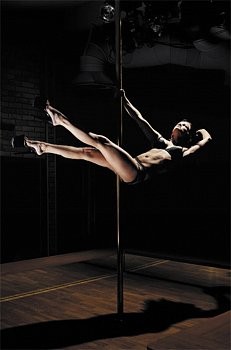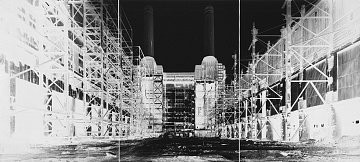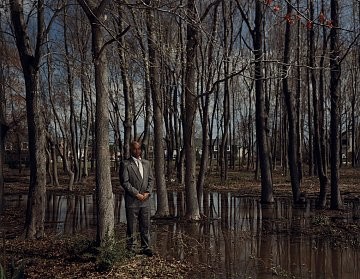About
Gagosian is pleased to present our group show entitled Hollywood Is a Verb. This exhibition explores the ways in which artists respond to Los Angeles as a landscape and Hollywood as an idea. It includes classic works by Ed Ruscha, David Hockney, Dennis Hopper, and Andy Warhol, and more recent paintings and photographic works by Maurizio Cattelan, Philip-Lorca diCorcia, Dexter Dalwood, Douglas Gordon, and Cindy Sherman.
Already in the 1960s Hollywood had acquired a lurid history and mythology associated with its location at the heart of the “dream factory.” For Ed Ruscha, who moved to Los Angeles in 1956, the Hollywood sign, the Sunset Strip, and the urban language of signs could be represented in a mysteriously cool, deadpan manner, whereas for David Hockney, who escaped to Los Angeles from the austerity and repression of England, the city was sunny, hedonistic, and gay.
Younger artists have seen Hollywood with deeper irony and an attention to the politics, sleaze, and darkness at the core of the entertainment industry. Maurizio Cattelan has remade the Hollywood sign on a hillside in Sicily, Dexter Dalwood’s new painting alludes to the effects of McCarthyism on the film industry, and Douglas Gordon has created a series of “blind star portraits” that exude a mordant humor and Warholian fascination with stardom.
As a complement to the works on exhibition at the gallery, there will be an evening of film introduced by Douglas Gordon on October 28, featuring Ed Ruscha’s Premier (1970) and Miracle (1975), Andy Warhol’s Screen Tests (1964–66), Kenneth Anger’s Puce Moment (1949), and Sydney Pollack and Frank Perry’s The Swimmer (1968).
Share
Artists
Maurizio Cattelan
Gregory Crewdson
Dexter Dalwood
Philip-Lorca diCorcia
Douglas Gordon
David Hockney
Dennis Hopper
Ed Ruscha
Cindy Sherman
Andy Warhol
Download
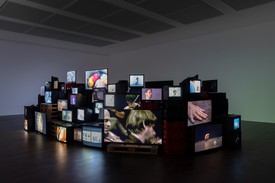
Douglas Gordon: To Sing
On the occasion of Douglas Gordon: All I need is a little bit of everything, an exhibition in London, curator Adam Szymczyk recounts his experiences with Gordon’s work across nearly three decades, noting the continuities and evolutions.
Douglas Gordon: if when why what
Douglas Gordon took over the Piccadilly Lights advertising screen in London’s Piccadilly Circus, as well as a global network of screens in cities including Berlin, Melbourne, Milan, New York, and Seoul, nightly for three minutes at 20:22 (8:22pm) throughout December 2022, with his new film, if when why what (2018–22). The project was presented by the Cultural Institute of Radical Contemporary Art (CIRCA) in conjunction with the exhibition Douglas Gordon: Neon Ark at Gagosian, Davies Street, London.
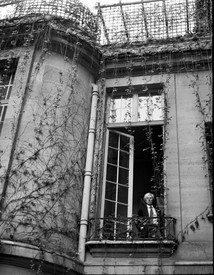
In Conversation
Christopher Makos and Jessica Beck
Andy Warhol’s Insiders at the Gagosian Shop in London’s historic Burlington Arcade is a group exhibition and shop takeover that feature works by Warhol and portraits of the artist by friends and collaborators including photographers Ronnie Cutrone, Michael Halsband, Christopher Makos, and Billy Name. To celebrate the occasion, Makos met with Gagosian director Jessica Beck to speak about his friendship with Warhol and the joy of the unexpected.
Andy Warhol: Silver Screen
In this video, Jessica Beck, director at Gagosian, Beverly Hills, sits down to discuss the three early paintings by Andy Warhol from 1963 featured in the exhibition Andy Warhol: Silver Screen, at Gagosian in Paris.

Flags
Gillian Pistell writes on the loaded symbol of the American flag in the work of postwar and contemporary artists.
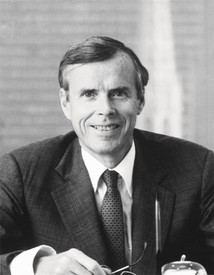
Donald Marron
Jacoba Urist profiles the legendary collector.
